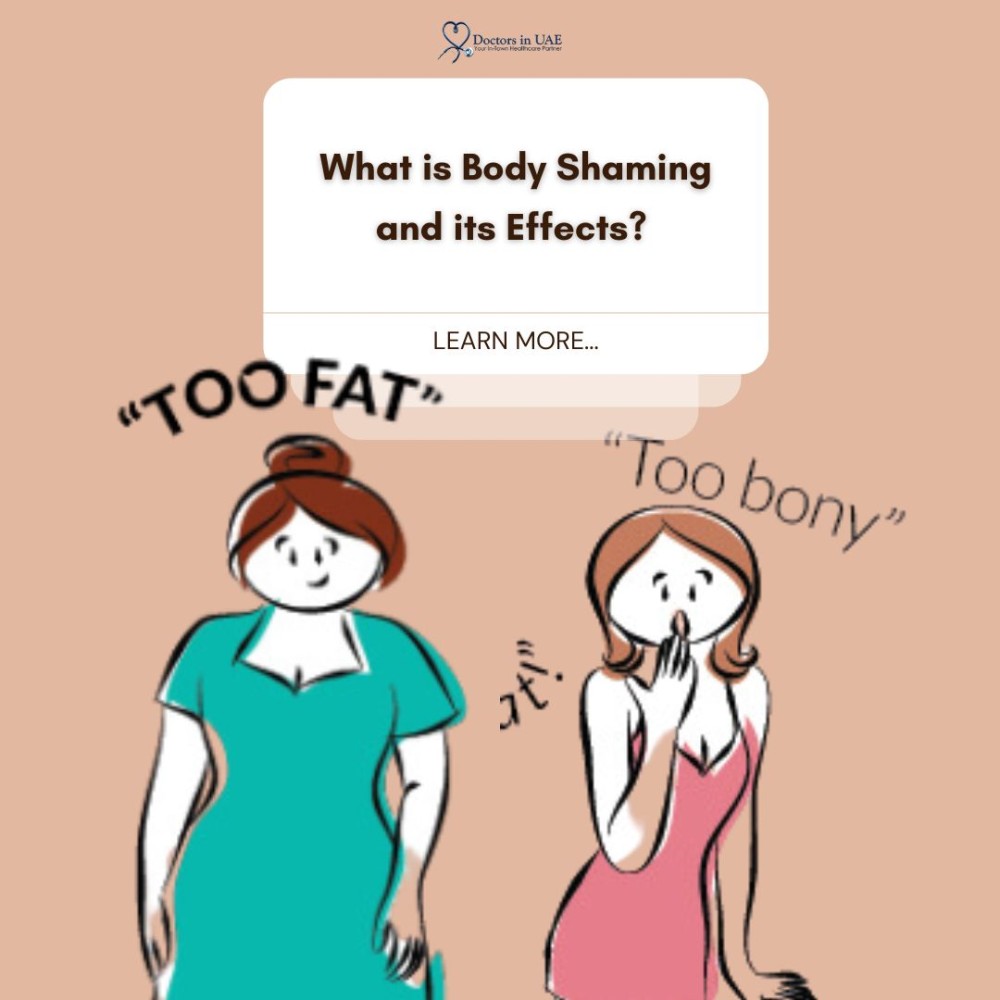
What is Body Shaming and Its Effects?
Body shaming is a harmful and hurtful practice that has become increasingly prevalent in modern society. It refers to the act of making derogatory comments or judgments about a person's physical appearance, often with the intention of belittling or humiliating them. Unfortunately, body shaming is all too common and can have serious psychological and emotional effects on the person being targeted.
There are many different ways in which body shaming can occur. It might take the form of direct criticism, such as comments about someone's weight, height, or body shape. It might also involve more subtle forms of discrimination, such as exclusion from social events or opportunities because of a person's appearance.
The effects of body shaming can be devastating. For many people, the experience of being shamed can lead to feelings of shame, self-doubt, and low self-esteem. It can also contribute to the development of mental health issues such as depression, anxiety, and eating disorders.
One of the most common forms of body shaming is directed towards people who are overweight or obese. This type of shaming is particularly insidious because it is often framed as a concern for the person's health. However, research has shown that this kind of shaming is not only ineffective at promoting weight loss but can actually lead to further weight gain and other negative health outcomes.
Similarly, body shaming based on physical appearance can affect people of all genders, ages, and backgrounds. It can take the form of fat-shaming, skinny-shaming, height-shaming, or any number of other types of discrimination. It's important to recognize that body shaming is not limited to any particular group of people and can affect anyone, regardless of their size, shape, or appearance.
In addition to the negative effects on individual mental health, body shaming can also have broader societal consequences. It reinforces harmful stereotypes about beauty and body standards, which can lead to discrimination and prejudice in other areas of life, such as employment or education.
To combat body shaming, it's essential to promote body positivity and acceptance. This means celebrating and accepting people of all shapes and sizes, rather than judging or discriminating against them. It also means challenging harmful social norms and stereotypes that contribute to body shaming, such as the idea that thinness is the only way to be attractive.
In conclusion, body shaming is a serious issue that can have long-lasting effects on the mental health and well-being of those who experience it. By promoting body positivity and acceptance, we can create a more inclusive and supportive society that celebrates diversity and recognizes the inherent worth and value of all people, regardless of their physical appearance.





Add a Comment